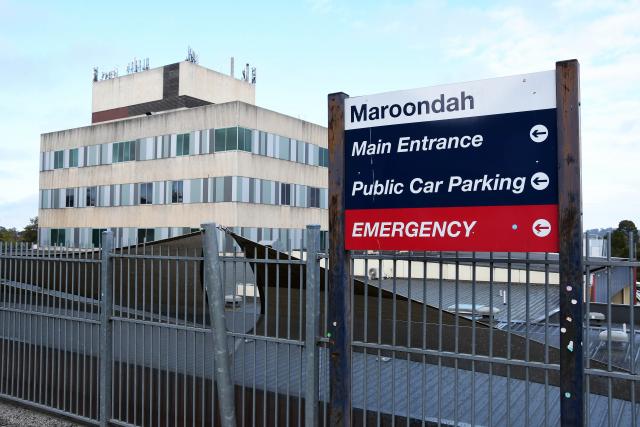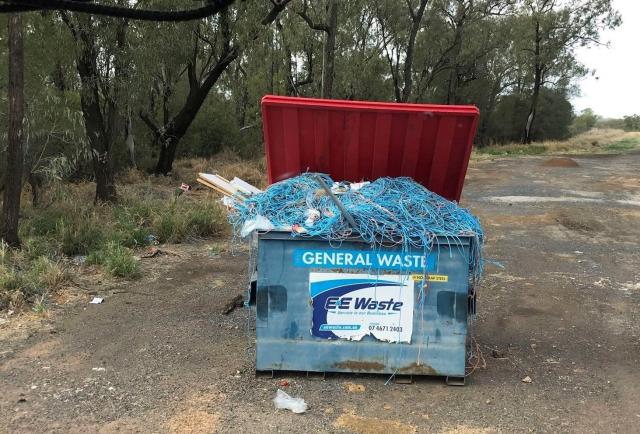A new Health Services Plan is set to guide Victoria’s under-strain healthcare system with the State Government accepting 26 of 27 recommendations from an expert advisory committee either whole or in part.
The one recommendation that was outright rejected was the amalgamation of health services, while recommendations accepted in principle also outlined that hospitals would not be forced to consolidate to form new Local Health Service Networks (LHSNs) and health services who do wish to consolidate would be supported.
The Age reported in June that unnamed government officials were considering relocating the soon-to-be-upgraded Maroondah Hospital due to the costs and difficulties of facilitating the planned $850 million to $1.05 billion project at its current Ringwood East site, with the old Knox drive-in cinema in Wantirna and an area near Eastland shopping centre being considered.
“Eastern Health welcomes the additional funding in the Victorian health system, and we will know more about our specific situation once budgets are finalised in the coming weeks,” a spokesperson for Eastern Health, which manages Maroondah Hospital, said.
Key reforms set to be delivered through the Health Services Plan include establishing a new agency within the Department of Health called Hospitals Victoria to manage the operations and finances of the state’s hospitals, establishing a connected Electronic Medical Record System, replacing Health Service Partnerships with LHSNs and providing an additional $1.5 billion worth of funding.
Premier Jacinta Allan said Labor will always support Victoria’s hospitals.
“As the sister of a nurse, and the mum of a daughter who has relied on the life-saving care of our hospitals – my priority will always be patients and their families,” she said.
Hospitals Victoria will be responsible for streamlining payroll and IT systems across the state, including consolidating ‘back-office functions’ and improving the use of digital systems and technology, including how virtual care is utilised.
Hospitals Victoria will work with the Department of Health to roll out the Electronic Medical Record System, which will replace the different patient record systems used by various hospitals, some of which are still paper-based, reducing delays, duplication of patient records and allowing patient records to be easily viewed regardless of where they are being treated.
Hospitals Victoria will be led by Siva Sivarajah, stepping into the role from her position as Chief Executive at Northern Health, which during her time in the role was the first healthcare service to offer a Virtual Emergency Department, with great success.
Minister for Health Mary-Anne Thomas said Victoria’s health system is one of the best in the world.
“These reforms will keep us on track to deliver even better patient care through a reformed health system that is better integrated and connected, at the same time protecting the local services we know Victorians trust and rely on,” she said.
LHSNs will group together hospitals in a geographic region with the goal of streamlining the provision of care and operations such as payroll and IT, encouraging collaboration and staff allocation between hospitals, and forming connections with major tertiary, women’s and children’s hospitals in the region to improve referral pathways and access to specialist care.
Eildon MP Cindy McLeish took aim at the increased one-off funding (for 2024-25), a lack of detail regarding the funding’s distribution and the ‘new bureaucracy’ of Hospitals Victoria.
Ms McLeish said it was a most spectacular backflip and whilst the Victorian Government says they are not going to force amalgamations there are still too many questions to be answered.
“I’m so proud of how quickly and effectively locals worked together to hold rallies and collect
signatures to put pressure on the government to prevent hospital amalgamations, it is incredible that the Government had no understanding of how budget cuts and forced amalgamations
would impact local health services and local communities,” she said.
“We have had months of uncertainty and whilst amalgamations are on hold at the moment, local communities and health services across Victoria deserve to know exactly what funding they will be receiving and when.”
Ms McLeish said Hospitals Victoria and its role within the health system ‘sounds like back of the envelope planning’.
Ms McLeish also garnered 15,050 signatures opposing any potential amalgamation of the Mansfield District Hospital, Yea & District Memorial Hospital and Alexandra District Health facilities.







